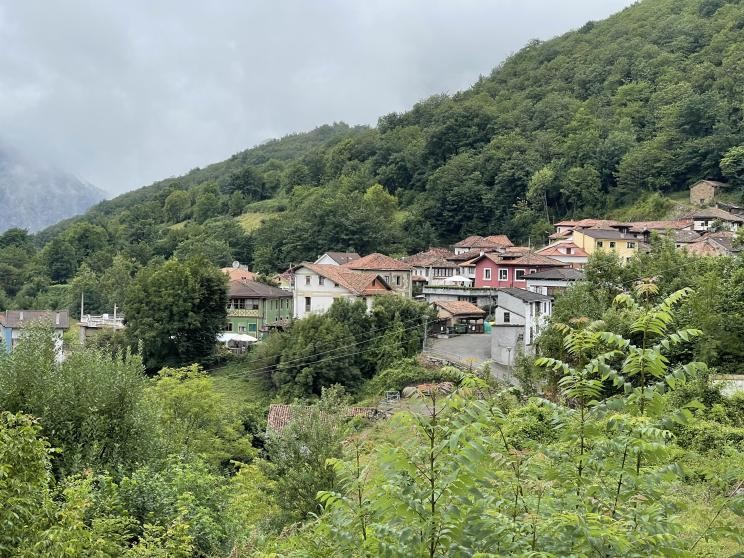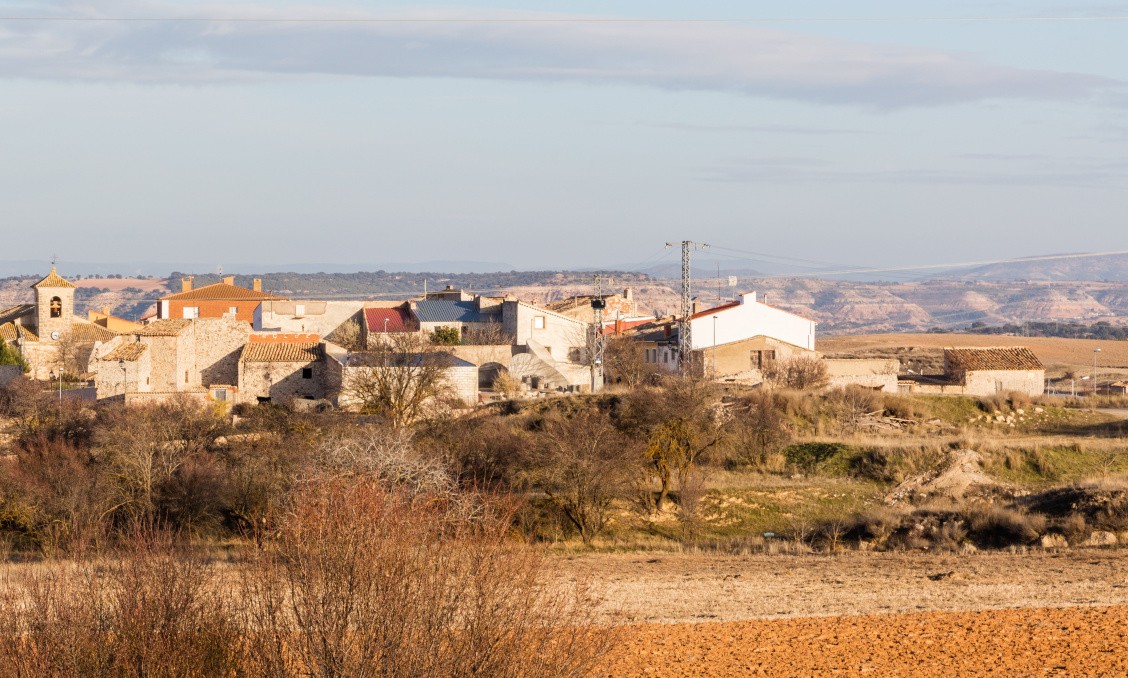
The depopulation of rural Spain, often called España vaciada or 'Empty Spain', is a long-standing issue. Whilst the rise of remote working has brought a bit of life back to some areas—a trend made more accessible for many non-EU citizens with Spain's Digital Nomad Visa —thousands of villages remain sparsely populated or completely abandoned. In response, both national and regional governments have put various schemes in place to attract new residents.
State support for buying a home in rural Spain

The government's State Plan for Access to Housing, which runs until 2025, includes a notable incentive for young people. If you are under 35, you could get direct aid of up to €10,800 towards buying a home in abandoned villages in Spain, looking for new residents
There are a few conditions, as you'd expect when moving into one of the empty houses in Spain. The property must be in a municipality with fewer than 10,000 inhabitants, and its price can't exceed €120,000. Your annual income also needs to be below a certain threshold, around €24,318. If you get the grant, you must use the house as your main residence for at least five years. The finer details can vary by region, so you would need to check with the local autonomous community.
Aid for living in villages in empty Spain: regional tax deductions

Several autonomous communities offer their own tax deductions to encourage people to move to less populated areas. Here are some of the main ones:
- Aragon: Offers deductions of up to €1,200 if you move for work to a municipality with a population of less than 3,000.
- Asturias: If you become newly self-employed in an area at risk of depopulation, you can apply for a €1,000 deduction. There's also a 15% deduction (up to €2,000) for those moving for a highly qualified job in research and development
- Castile and Leon: You can get a deduction of up to €900 if you move from a city to a rural spot, with specific conditions for young people, large families, or individuals with a disability.
- Castile-La Mancha: Provides a 15% deduction on the regional tax quota if you establish your main home in a rural area designated as at risk of depopulation.
- La Rioja: Self-employed individuals residing in areas with low population density can deduct 20% of their tax contributions, capped at €400.
- Extremadura: This region offers a grant of up to €10,000 aimed at highly qualified remote workers and digital nomads in tech sectors. To receive the full amount, you need to be under 30, female, or move to a town with fewer than 5,000 residents.
Spanish villages that pay you to move there

The stories you sometimes see about villages paying you to move there get a lot of attention. In practice, this is often supported by organised initiatives designed to match people with places, like the Holapueblo project, which is helping to repopulate Spain's rural villages by mentoring entrepreneurs and remote workers through the process.
While you'll find lists of towns and villages in Spain where you could get paid to live, the reality is rarely a straightforward cash payment. These incentives can take many forms, from cash for couples with children to auctions for cheap land, very low rent, or housing linked to taking over a local business. Some of the Spanish villages that currently have incentives include:
- Ponga, Asturias: €3,000 for couples and €3,000 more for each child born in the village.
- Rubia, Ourense: Between €100 and €150 per month for each person who decides to move there.
- Olmeda de la Cuesta, Cuenca: Auction of land between €200 and €3,000 to build houses in less than 3 years.
- Griegos, Teruel: 3 months free rent and after that, €225 per month, with a bonus of €50 for each child of school age.
- A Xesta, Pontevedra: Rent from €100 per month.
It's a good idea to check directly with the town hall (ayuntamiento) for current and accurate information. The main idea behind these initiatives is to find people who want to become part of a community and contribute to its revival.

Stay in the know about living in Spain as a foreigner—get our weekly newsletter for the latest travel, legal, and lifestyle news.
For a taste of the high life, sign up for the monthly luxury market round-up.

